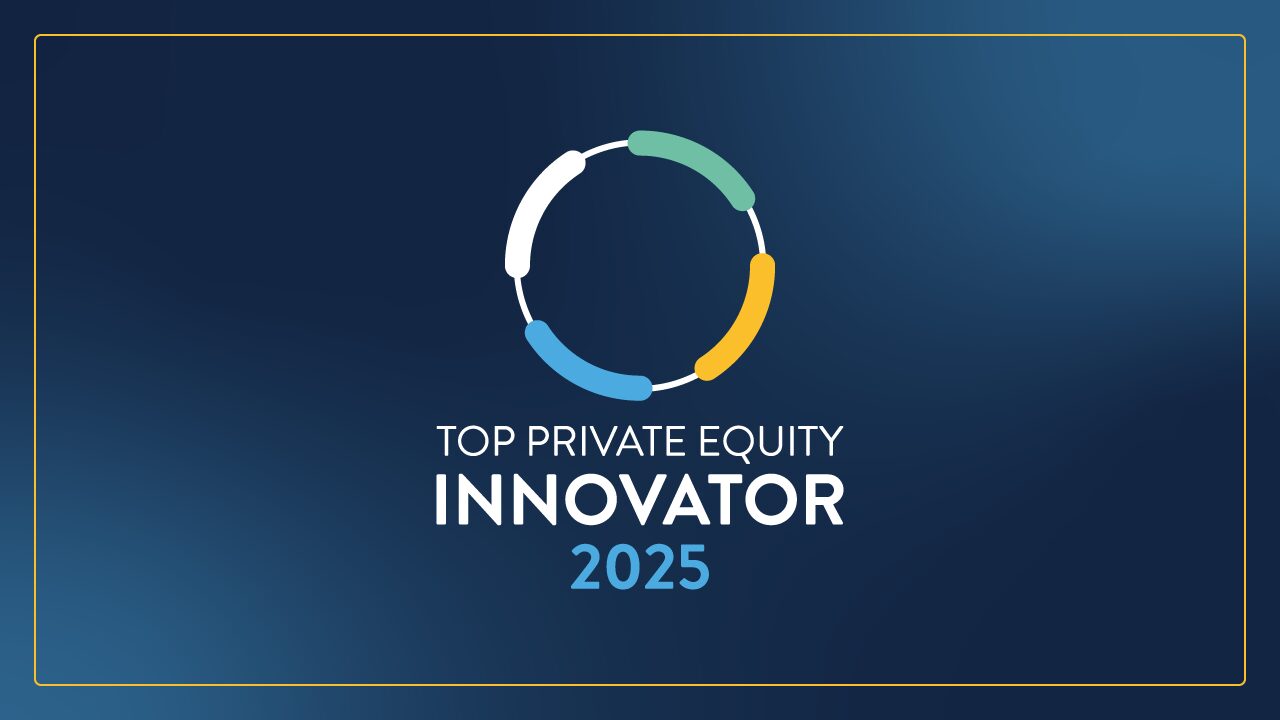It’s not every day you land a job with one of the world’s leading investment firms ($571 billion in assets under management), then one month later find yourself amidst a global pandemic—just as you’re getting acclimated. Enter Ann (Kim) Chung. In February 2020, Blackstone made this announcement welcoming her as a core part of their nascent endeavor, Blackstone Growth (BXG). As Ann puts it: “We are like a startup. Most of us at BXG are from outside the firm; we are a scrappy, entrepreneurial effort that’s rapidly growing.” A few weeks ago, in a rarefied interview, I captured her thoughts, feelings, insights, and predictions for how life in the investment world is shifting beneath our feet, while altogether keeping its “long view” fundamentals.
Katie Marchetti: What was it like joining as managing director for BXG, then immediately getting hit with the economic contraction?
Ann Chung: When I joined in February 2020, I was just beginning to work on integrating within a large firm [Blackstone]. Then Covid hit, and we all began working from home. Simultaneously, we were getting ready for a big LP event, and at the last minute had to flip it to a virtual format. This was the moment I thought: “Ok, this is going to be much different than what I expected.” At first, the firm was doing a lot of virtual meetings to maintain connectivity (over time it was pared back), and I was a little overwhelmed because I was still in the “getting to know you” phase with everyone—it’s different attempting to build a relationship over a video call. But Blackstone did a phenomenal job of checking in with me, with everyone, to make sure the culture was preserved.
KM: Did the pandemic change your initial investment focus?
AC: I was focused on consumer-based companies, and no one really knew what the consumer was going to do in the pandemic-driven environment. I basically thought I was going to sit around for a year, but within a few weeks the consumer began bifurcating rapidly; assets followed suit. Relationship-based, value-driven brands with loyal customers grew almost overnight. But the consumer traded down pretty quickly if they weren’t heavily invested (emotionally, economically) in a particular brand. In other words, the consumer chose the tried and true value option. This is why iconic, legacy brands like Kraft (and the P&G portfolio as a whole) did well, driven in part by the fact that grocery stores and retailers went back to basics.
In terms of deals, we quickly spotted winners in the consumer space and were very busy in April, May, and June. My first deal at BXG, with oat-milk company Oatly, closed in July. I thought we were going to get a breather, but we continued to get inundated with amazing opportunities, and as a result raised the bar on the types of deals closed.
KM: In your opinion, what makes a company “poised for high growth”?
AC: Companies poised for high growth have a proven ability to execute really well on their particular focus area. Essentially, this gives them “permission” to expand beyond the core product. I call this a “concentric circle” model. To use Oatly as an example, the company executed well on core milk products. They launched in high end coffee shops and proved to artisanal baristas why their product was better. This gave them permission to expand into grocery retail; now they produce ice cream, yogurt, and more.
KM: How has 2020 shifted your thinking about anything from your personal approach to daily life to your investment thesis? How will this affect decisions made moving forward into 2021?
AC: We have little kids (ages two and four), so when Covid hit it was suddenly extremely hectic. Every day felt like we were gearing up for battle. Over time we figured it out—lots of communication and flexibility. My husband was a godsend, and, because he’d been in his job for a while (and mine was new and all over the place), he did the brunt of housework and childcare.
The combo of all the disruption and the announcement of Oatly opened the floodgates. From late summer to early fall, I was on calls for 12 hours a day, working weekends, etc. When you’re working from home, it’s really easy to just schedule back-to-back calls. By Labor Day, I was back in the physical BXG office, so my husband and I had to find a new normal again. For most of 2020, I’ve had a lot of balls in the air, and I wasn’t able to give the right amount of attention to the right things. So for 2021, my goal is to carve out time to relax, spend quality time with my husband; and on weekends spend time exclusively with my kids.
Also, I’m trying to refine my own process for 2021, and not be tempted to look at other people. I’m trying to stay focused.
KM: What is one (or more) myths about private equity you wish would go away for good?
AC: There’s a pervading theme that investors are all super greedy capitalists. Certainly there are some who have a singular focus, but for the most part the people I’ve come across are focused on building businesses, not breaking them down and extrapolating every dollar. PE funds are generally good fiduciaries, and they aren’t making decisions solely based on the money.
To use Oatly as an example (again), part of our investment thesis was based on the CEO vision: Oatly can be a change agent for environmental sustainability on a large, global scale. The idea that a company can make money and do good. I think many funds are taking this holistic approach to investing, it just doesn’t get a tremendous amount of attention.
Lastly, I’m trying to open the aperture for future investments. I want our portfolio to be inclusive. As a team, we are working on laying the groundwork for these initiatives. As a thesis-driven growth fund, we are looking for all the players who can help support our thesis—and we believe this will come from casting a wide net, not by getting stuck in an echo chamber.


